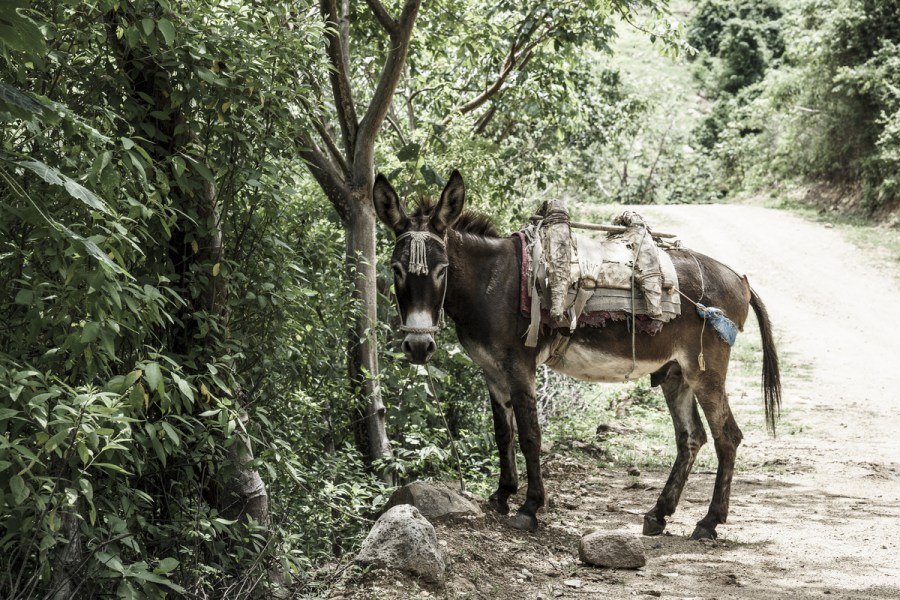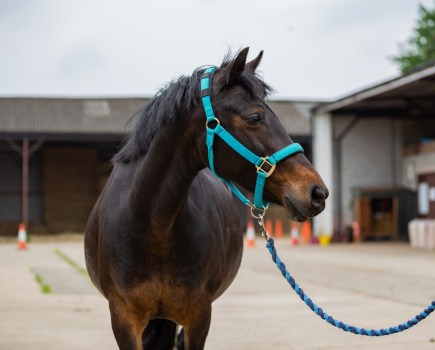The donkey is at risk of becoming extinct in as little as four years, according to experts like Pierre Escodro, lead researcher in the of the global trade in donkey skins at UFAL University, Brazil.
The illegal trade supplies companies in China with the gelatin that is used to make ejiao, a traditional medicine.
Equine charity Brooke has been advocating to ban the trade in several African countries, but has detected four areas in Latin America where donkey slaughter is growing: Mexico, Brazil, Columbia and Peru.
According to Katia Abreu, Minister of Agriculture in Brazil, there is a trade agreement with China for donkey meat and hides which generates $3 BN USD each year.
Donkeys that fall victim to the trade are subjected to poor welfare standards. They are transported in confined trucks for long distances of 1,000km to be slaughtered, often in terrible conditions.
“We are calling for a ban on the trade in donkey skins,” said a Brooke spokesman. “But we are facing two main challenges: gathering data specific to the region on the donkey skin trade issue, and raising awareness among key decision makers who have the power to enforce regulations and laws that protect donkeys and their owners.”
Brooke Latin America and the Caribbean is working to create partnerships to increase evidence on the trade and mobilise resources to protect donkeys and their owners across Latin America.
It recently launched a policy brief on the state of the trade in the region, which includes recommendations for governments and NGOs.
The charity’s sister organisation, Brooke USA, has raised awareness of the issue at the Córdoba University in Columbia and petitioned Amazon to remove the ejiao product from its platforms.
Contact Brooke if your organisation is interested in partnering with the charity to combat the trade.
Main image ©Brooke/Enrique Urdaneta









